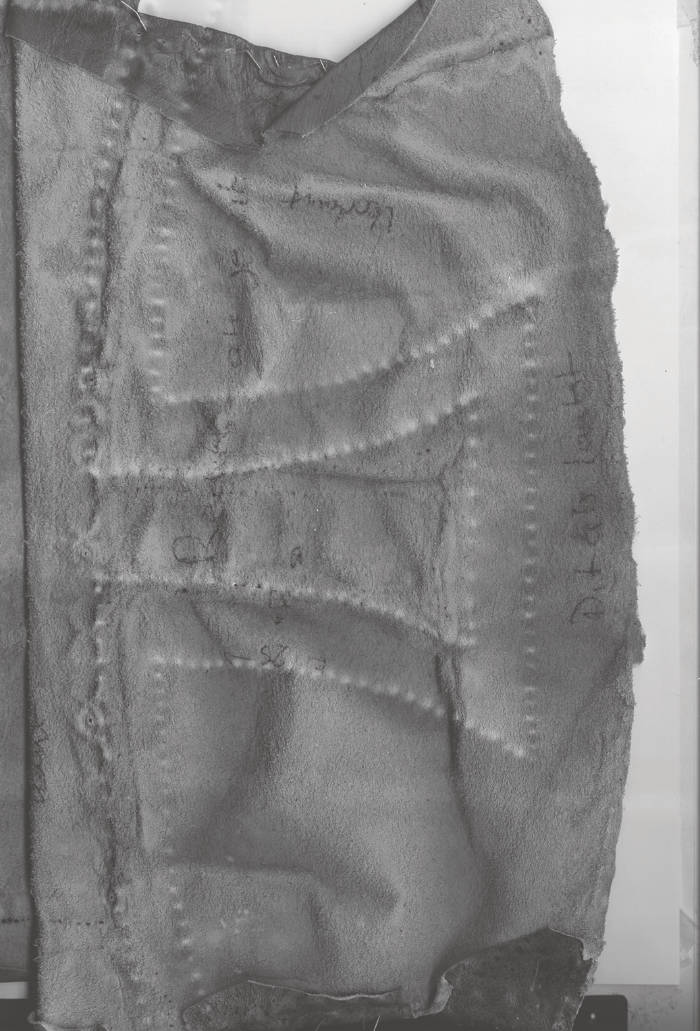
Saint is its/Conviction
13 poems of various length.
"I have used a procedure to write them and I am happy to share it, but it isn't what's most important about these poems. The subject matter that, I eventually realised, they share to the extent of justifying bundling them up in one pamphlet is religiosity, what stands between belief and act, be it faith or trust."







